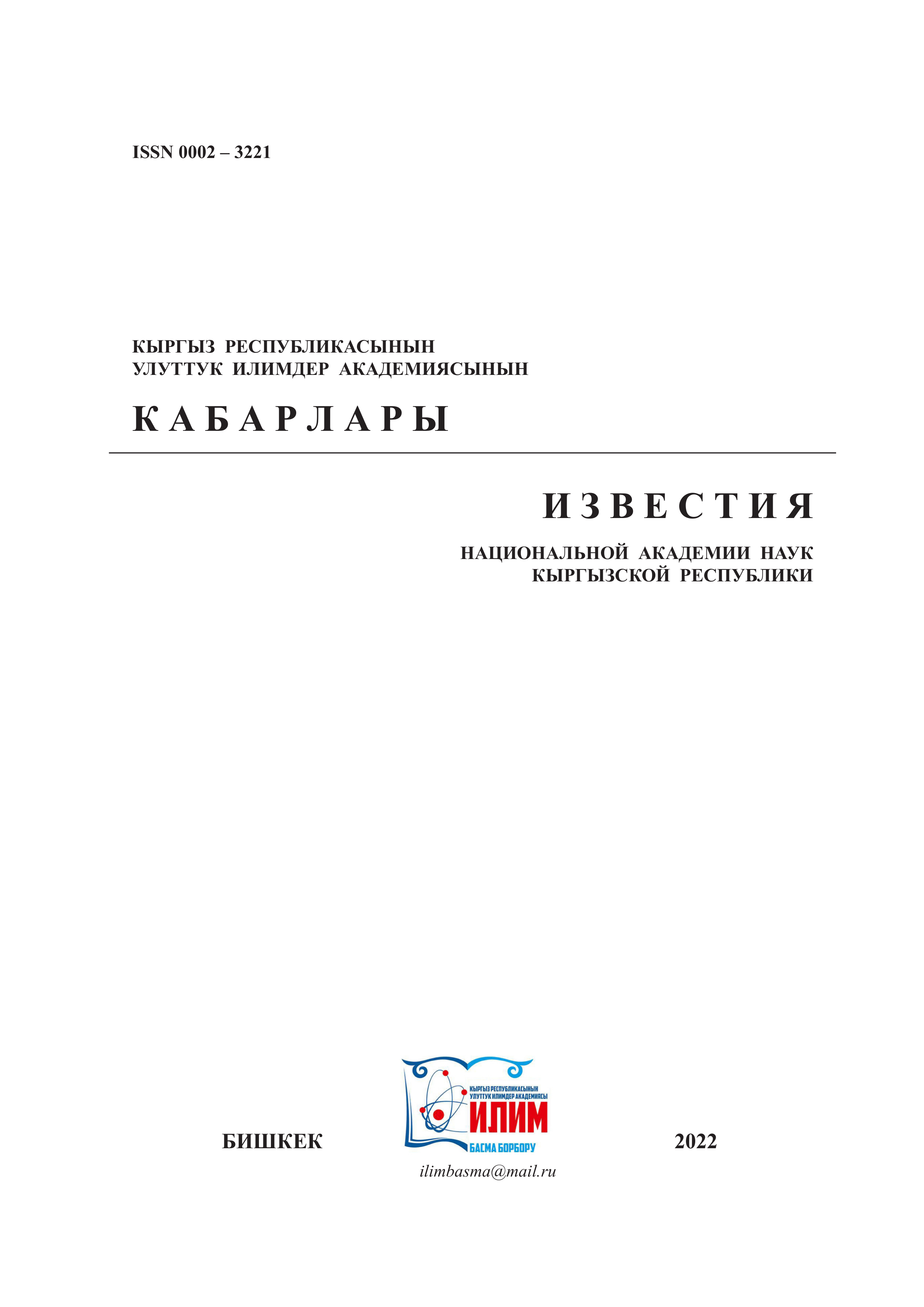CHANGES IN SALIVARIAN CORTISOL LEVELS IN YOUNG PEOPLE (UNIVERSITY STUDENTS) WITH HIGH AND LOW LEARNING PERFORMANCE
Keywords:
salivary cortisol, psycho-emotional stress, learning efficiency.Abstract
The psycho-emotional stress is an integral part of the life of modern young people. The level of free salivary cortisol was studied in 23 young healthy people (university students) during the intersessional period and the examination period. The enzyme immunoassay method was used. The subjects were divided into two groups: group 1 – with high learning efficiency, group 2 – with low learning efficiency. The following results were obtained: a sharp increasing of cortisol level at the time of the influence of a strong psycho-emotional factor (for example, an exam for a student) has a mobilizing effect on the human nervous system and the body as a whole, which is confirmed by highly effective results of academic performance. On the contrary, high levels of salivary cortisol during a period of moderate psycho-emotional environmental background (for example, the intersessional period) are a marker of a student's chronic stress, which sharply reduces the mobilizing effect of cortisol in the corresponding life stages of the student, which is reflected in low results in the effectiveness of educational activities.
References
Selye H. A Syndrome produced by Diverse Nocuous Agents // Nature. – No138. – 1936. – P.32.
Henry J.P., Stephens P.M., Axelrod J., Mueller R.A. Effect of psychosocial stimuli on the enzymes involved in the biosynthesis and metabolism of noradrenaline and adrenaline // Psychosom Med. – No 33. – 1971. – P. 227–237.
Вавилова Т.П., Островская И.Г., Медведев А.Е. Модности и перспективы исследования гормонов в слюне // Биомедицинская химия. – Т. 60. – No3. – 2014. – С.295–307.
Sapolsky R.M., Romero L.M., Munck A.U. How do glucocorticoids influence stress responses? Integrating permissive, suppressive, stimulatory, and preparative actions // Endocrine reviews. – No21. – 2000. – P.55–89.
Erickson K., Drevets W., Schulkin J. Glucocorticoid regulation of diverse cognitive functions in normal and pathological emotional states // Neuroscience & Biobehavioral Reviews. – No 27. – 2003. – P. 233–246.
Schulkin J. Social allostasis: anticipatory regulation of the internal milieu // Frontiers in Evolutionary Neuroscience. – No2. – 2011 – P. 1–15.
Комиссарова О.В., Дорохов Е.В. Особенности деятельности стресс-реализующих систем детей младшего школьного возраста // вестник новых медицинских технологий. Электронное издание. – No4. – 2019. – С.50–57.
Александров А.Г., Лукьянёнок П.И. Изменение уровне тревожности студентов в условиях учебной деятельности // Научное обозрение. Медицинскиенауки. – 2016. – No 6. – С. 5–14.
Schlotz, W., Schulz P., Hellhammer J., Stone A.A., Dirk H. Hellhammer D.H. Trait anxiety moderates the impact of performance pressure on salivary cortisol in everyday life // Psychoneuroendocrinology. – No31. – 2006. – P.459–472.
Papacosta E., Nassis G. P., Gleeson M. Salivary hormones and anxiety in winners and losers of an international judo competition // Journal of Sports Sciences. – 2016. – V.34, No13. – P.1281–1287. 62 Известия НАН КР, 2022, No6
Lim I.S. Comparative analysis of the correlation between anxiety, salivary alpha amylase, cortisol levels, and athletes' performance in archery competitions // J Exerc Nutrition Biochem. – 2018. – V. 22, No 4. – P. 69–74.
Raison C.L., Miller A.H. When not enough is too much: The role of insufficient glucocorticoid signaling in the pathophysiology of stressrelated disorders // Amer. J. Psych. – 2003. – No 160. – P. 1554–1565.
Demitrack M. Neuroendocrine correlates of chronic fatigue syndrome: A brief review // Journal of psychiatric research. – 1997. – No 31. – P. 69–82.
Nicolson N., Van Diest R. Salivary cortisol patterns in vital exhaustion // Journal of psychiatric research. – 2000. – No 49. – P. 335–342.
Розанов В.А. Стресс и психическое здоровье (нейробиологические аспекты) // Социальная и клини-
ческая психиатрия. – 2013. – Т. 23. – No 1. – С. 79–86.

